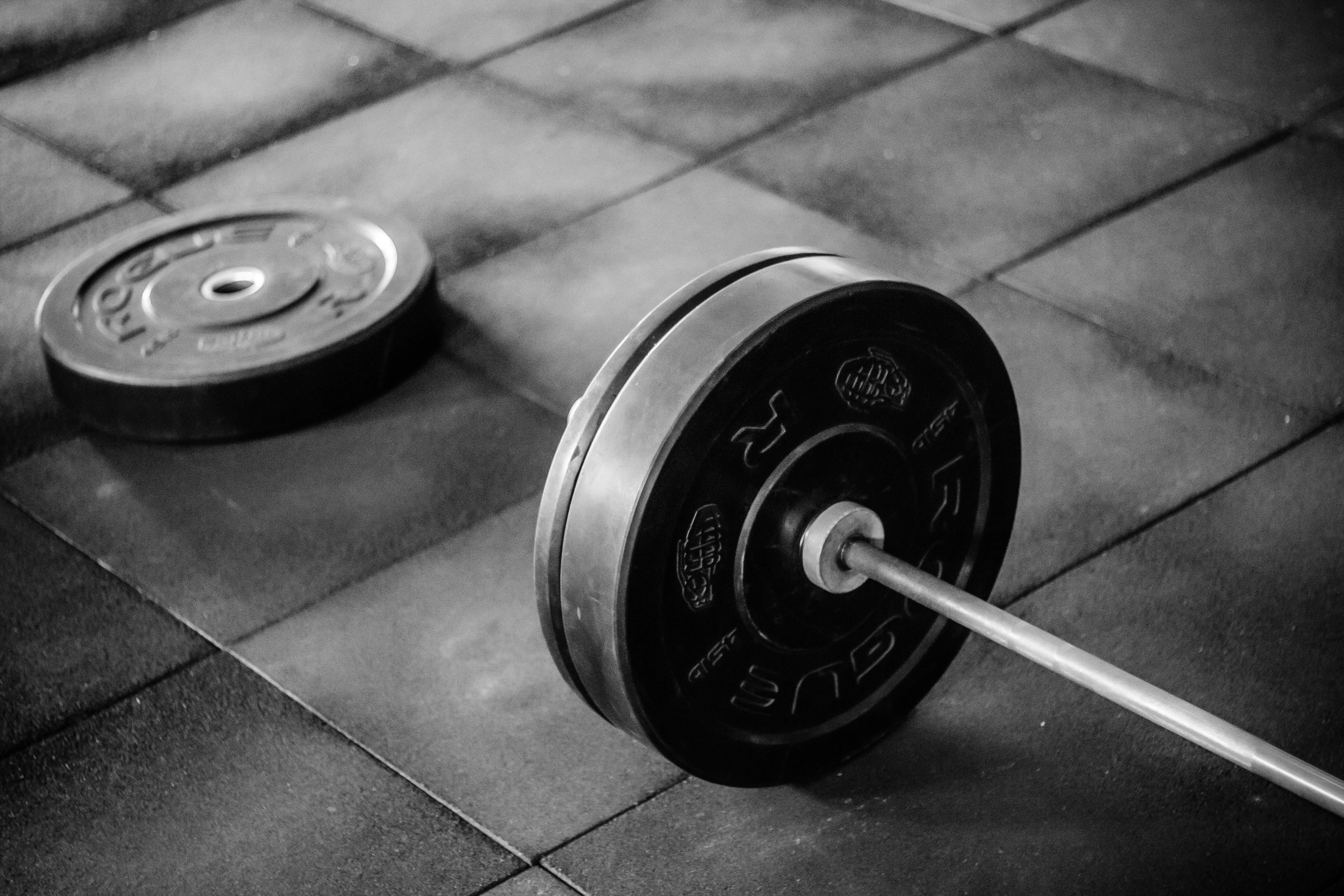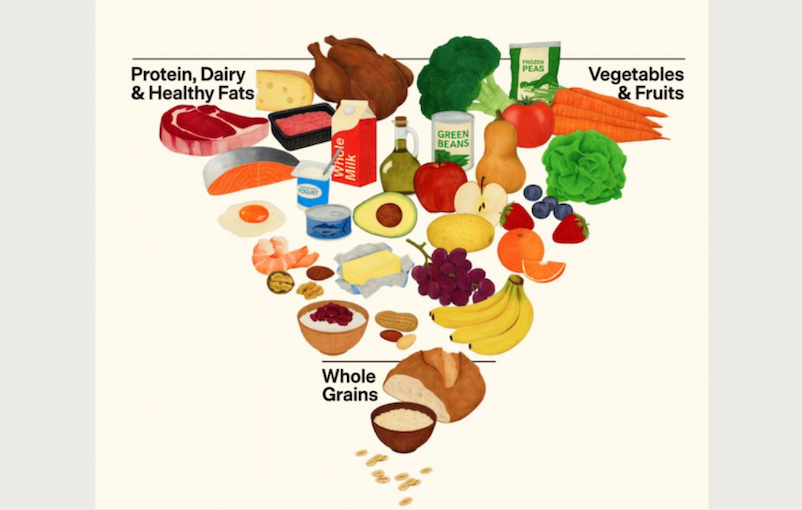
A primary care membership for patients who want more. Primary Care. Nutrition. Wellness. All under one roof.
Why Sleep Matters
We spend close to a third of our lives asleep, and for good reason. Sleep deprivation takes a toll on just about every part of our bodies:
- Cognitive function & mood: A lack of sleep is linked to impaired decision making, short- and long-term memory loss, and poor concentration. (Not to mention, it will make you very, very cranky.)
- Immune health: It will also reduce the production of disease-fighting tools in the body, like natural killer cells (help to kill tumor cells) and antibodies (protect against infection), and increase the production of inflammatory cytokines (contribute to metabolic and cardiovascular disorders).
- Heart health: Chronic sleep deprivation is a contributor to an increased risk for heart disease, including heart attacks, strokes, and higher blood pressure.
- Weight: You’re more likely to overeat when you’re tired. When you don’t get enough sleep, the part of your brain that controls hunger gets all off kilter, signaling to your brain that you’re not yet full when you are, leading to unhealthy weight gain.
- Libido: Less sleep, lower libido. Nobody wants that.
- Coordination: Sleep deprivation can have the same motor control effect as alcohol intoxication, which is why you’re at higher risks for car accidents, among other kinds of accidents, when you’re running on a bad night of sleep.
Optimizing your sleep hygiene is one of the most effective and available ways to biohack your health. That means thinking about what you’re doing with your waking hours to help you get the most out of your sleeping ones. Here are our top 5 most effective ways to fall asleep, and stay asleep.
Tips For Falling Asleep
If you’re struggling to stick to your bedtime, remember that consistency is key. Here are our five pillars of wisdom for winding down with intention:
- Set yourself up for success: Give your body the best chance at a good night’s sleep by foregoing caffeine boosts late in the day. Everyone is different, but most of us have trouble tolerating caffeine after about 2-3 pm. Also avoid drinking water right before bed to prevent bathroom breaks throughout the night.
- Cut out stimulation: No phones or laptops in the bed. 90% of Americans say they use an electronic device in the bedroom within one hour of bedtime. This increases our exposure to blue light, a portion of the visible light spectrum that negatively impacts our sleep. Blue light exposure not only makes us feel more alert (increasing body temperature and heart rate) but also suppresses the secretion of melatonin, which signals to our body when it’s time for bed. Getting blue light during the daytime helps to improve performance and mood (so get your sunlight in every day!), but nighttime exposure messes with our natural circadian rhythm. For optimal sleep, say no to screens before bedtime.
- Clear the clutter: We’re quick to succumb to the chatter of the many work-life-social obligations swirling around in our brains at night. Before you turn in, take five minutes to write out your to-do list for the next day. (And keep a pen and paper handy in case anything else comes up!)
- Just relax: Take a bath. Meditate. Stretch. Read a book (the number of times we’ve heard “I fell asleep after just five pages…”). Do what works for you, but do something relaxing. Associating your bedtime ritual with an activity you enjoy can also help motivate you to get to bed on time.
- Set the mood: Most importantly, set the climate. The ideal sleeping temperature is about 65°F (ranging from 60-67°F). From there, a dark room, a calming playlist, and a little aromatherapy can also do wonders for getting your body ready for rest.
Tips For Staying Asleep
There’s falling asleep, and then there’s staying asleep. If you find yourself tossing and turning in the middle of the night, you might be experiencing what experts call “sleep-maintenance insomnia.” We promise these five tips are more effective than counting sheep to get you back to bed:
- Break the cycle: It’s tempting to supplement a bad night’s sleep with an extra nap or coffee break, but it’ll only leave you right back where you started.
- Cut out distractions: Scrolling does not induce sleepiness. Keep your blue-light-emitting (and email-emitting) electronics out of reach at bedtime.
- Stay off the clock: Keep your clock facing away from you while you snooze. Staring at the clock can increase feelings of anxiousness and make you fixated on sleep time lost.
- Keep calm and sleep on: Nothing keeps you awake like being anxious about being awake. Take the time to meditate, do a breathing exercise, or relax your muscles (think about each muscle from head to toe, and focus on releasing tension in each). The power of a calming exercise is two fold: 1. Distracting your brain from the fact that you’re not asleep, and 2. Relaxing your brain enough that it does.
- Get out of bed: When all else fails, just hop out of bed. Experts recommend getting out of bed after 20 minutes of awake time. Taking a walk around the room, doing something distracting (without your phone), or going to the bathroom can help you “find your sleep” before you hop back in.

If you're curious to learn more about The Lanby, book a free consult call and we'll chat about how The Lanby can be your personalized long term health and wellness partner.

Kendall is a graduate of the University of Mississippi, with a B.A. in Integrated Marketing Communications and a minor in Business Administration. She received her certificate of Nutrition Science from the Friedman School of Nutrition at Tufts University.

Chloe holds a bioengineering degree from the University of Pennsylvania. As a breast cancer survivor, her insights shape The Lanby's patient-centric approach. Leveraging her healthcare strategy background, Chloe pioneers concierge medicine, bridging gaps in primary care.

Tandice was recognized with the Health Law Award and named a Ruth Bader Ginsburg Scholar at Columbia Law School. Tandice's editorial role is enriched by her insights into patient autonomy and gene modification legalities. Passionate about bioethics, she is committed to crafting patient-centric healthcare solutions.





